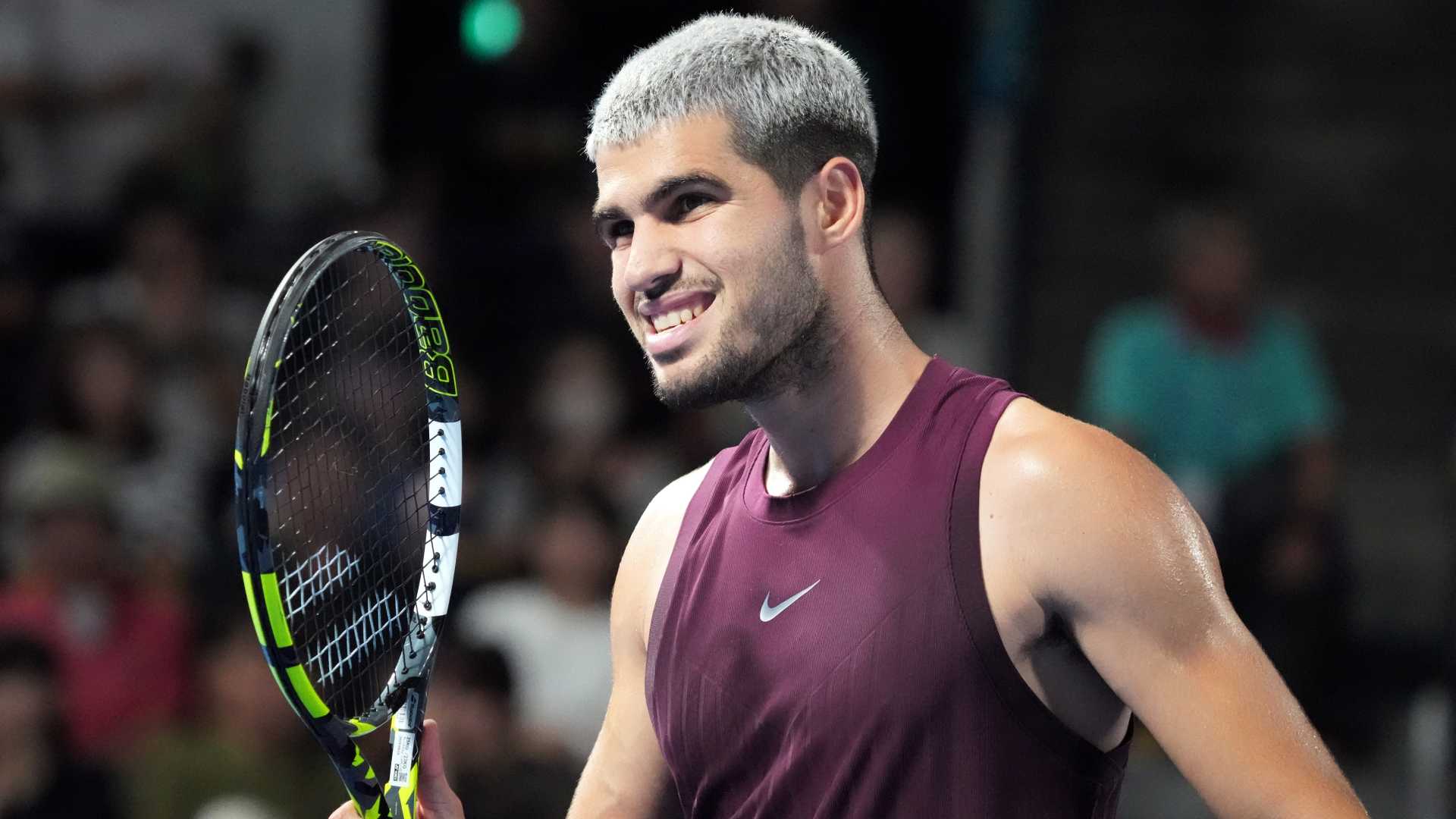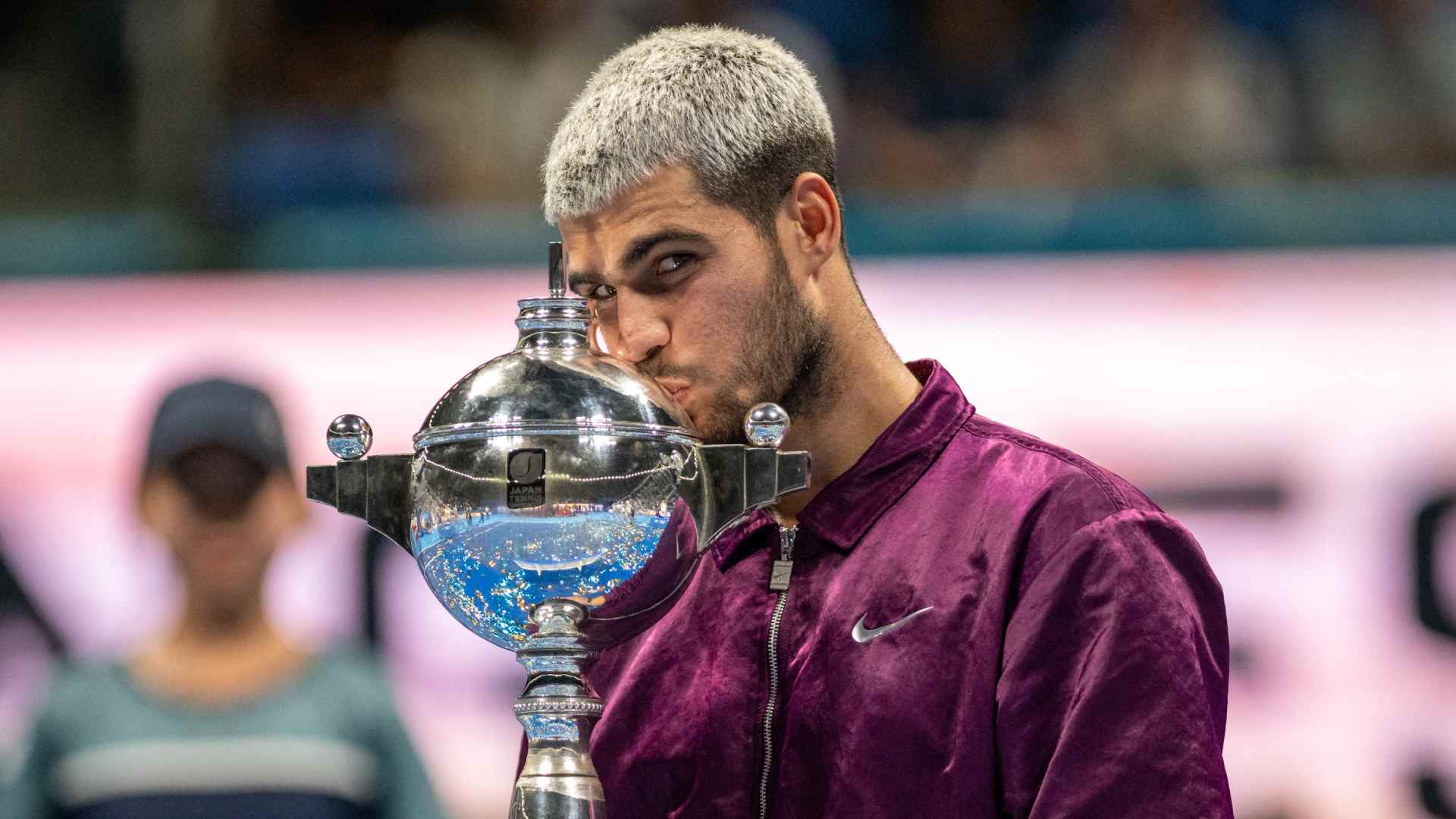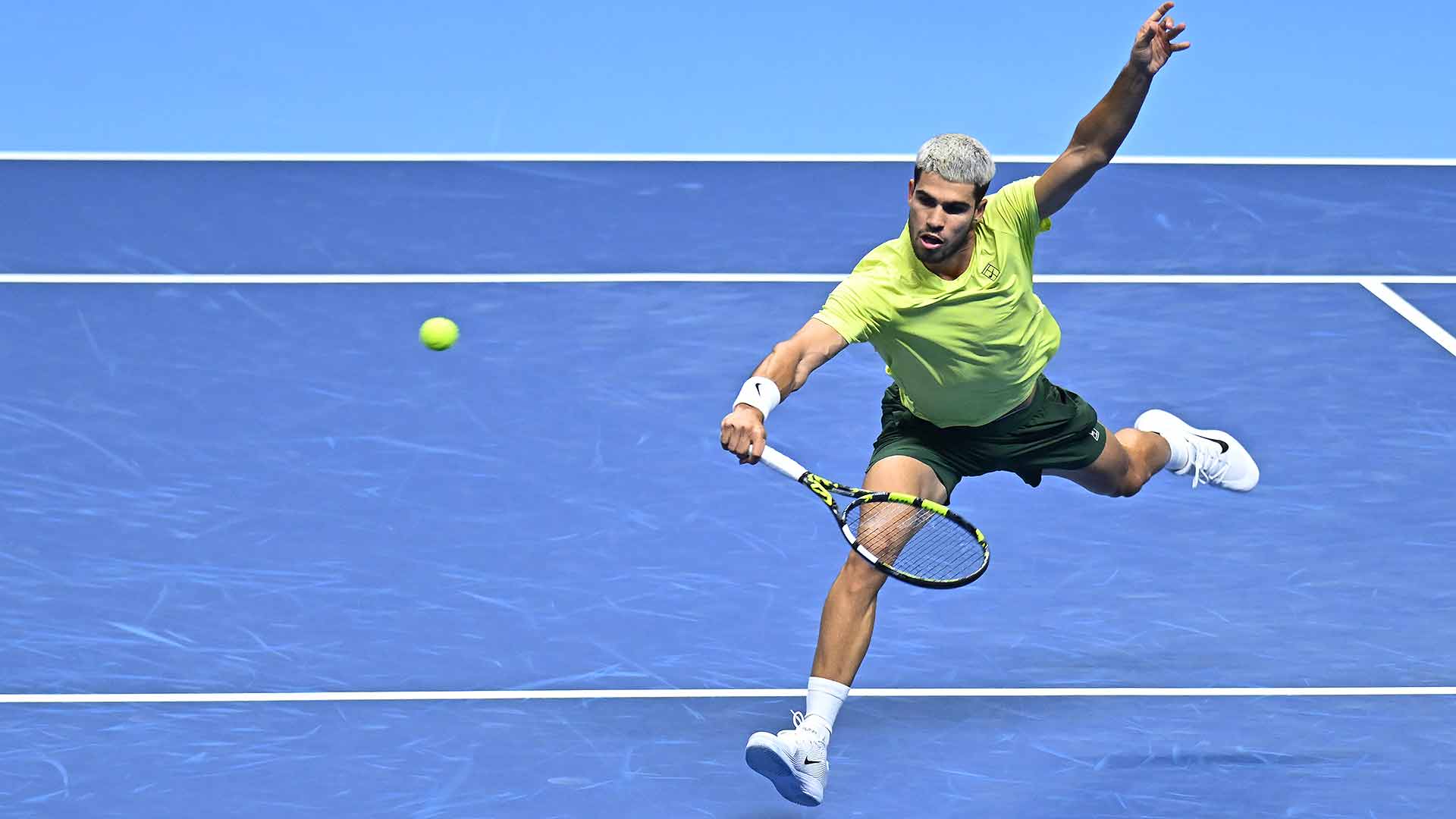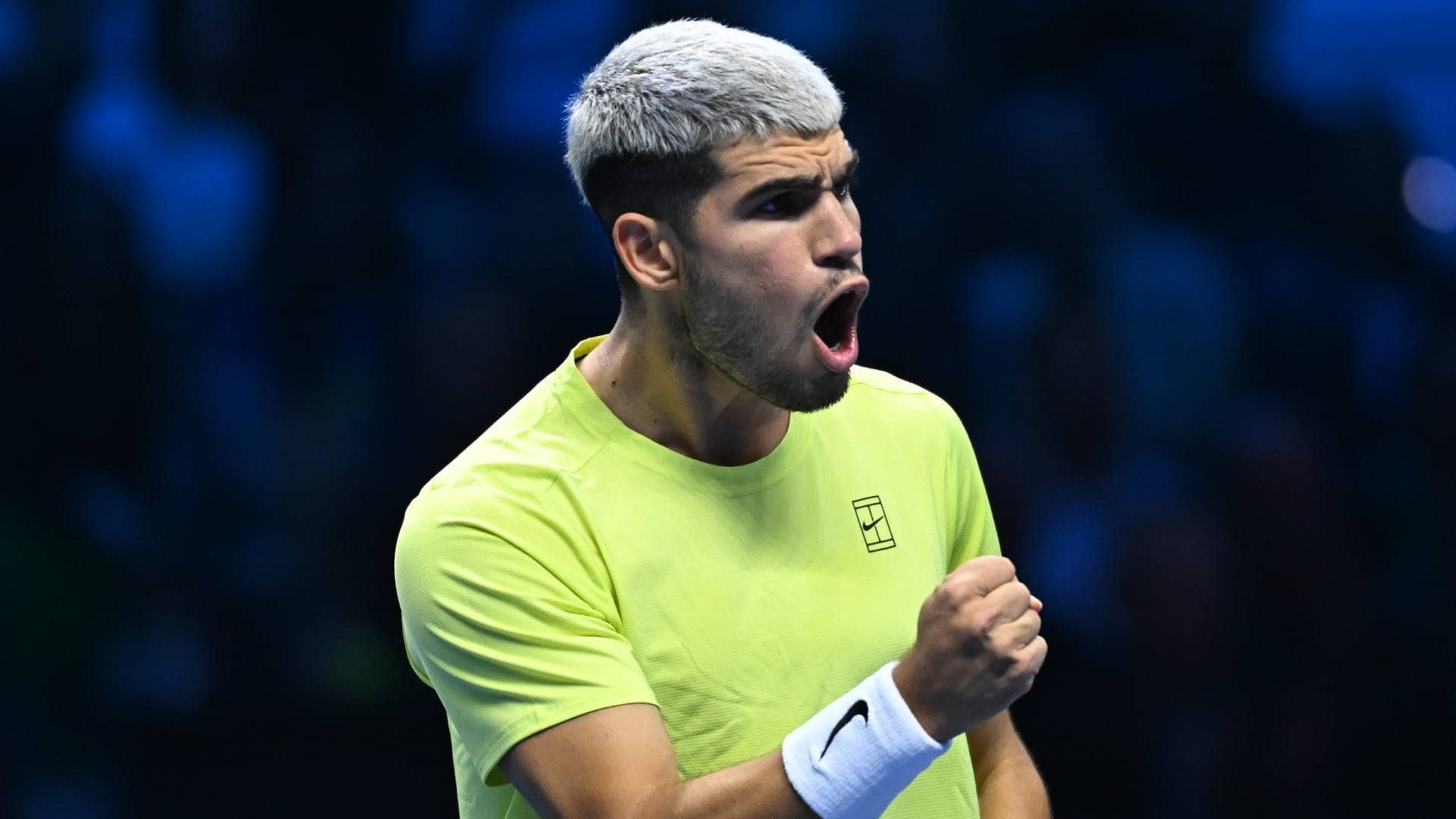Alcaraz shakes off shadows to reach Tokyo final
In the humid glow of Tokyo’s hard courts, Carlos Alcaraz battled inner doubts and a stubborn opponent, rediscovering his spark to edge Casper Ruud and line up a rematch with Taylor Fritz.

Early hesitations expose deeper strains
Ruud’s heavy topspin looped deep and wide, stretching Alcaraz across the baseline and forcing awkward inside-out backhands that tested his mobility. In the opening set, the Norwegian’s court-stretching angles pinned the world No. 1 back, leading to 15 unforced errors born of aggressive risks that misfired on the true-bouncing surface. The crowd’s murmurs thickened during a pivotal seventh game, where Ruud sliced a deep approach into Alcaraz’s backhand corner; he retrieved it at his feet but hesitated on the stretch, faltering as he chased the drop volley that followed—a flicker of vulnerability that echoed the ankle twinge from his opener against Sebastian Baez. Alcaraz later pinpointed four break points squandered in that set, details that gnawed at him amid the frustration. He channeled the negativity into resolve, vowing to infuse his play with joy and positive thoughts to shake off the self-doubt. The shift wasn’t just tactical; it was a mental recalibration, the 22-year-old refusing to let the season’s toll—majors, finals, endless travel—dim his edge at this ATP 500 event.“I had a lot of chances in the first set,” said Alcaraz. “I had four break points if I’m not wrong. It’s just about details, so I just tried to be more positive than the first set. I was a little bit mad with myself, so I just tried to play with joy again, putting a lot of positive thoughts in my mind.”
Serve anchors a surging comeback
As the second set dawned, Alcaraz steadied his delivery, surrendering only four of 24 points behind his serve—a stat that anchored his resurgence against Ruud’s probing returns. He stepped inside the baseline for one-two patterns, firing inside-in forehands after wide serves that yanked the Norwegian off court, the tempo quickening as confidence flooded back. Ruud stretched rallies with crosscourt depth, but the Spaniard met the topspin with flat aggression, his footwork regaining fluidity on the hard courts and turning the match on its head with a break sealed by a down-the-line backhand that grazed the line. Momentum spilled into the decider, where Alcaraz unleashed underspin slices to disrupt Ruud’s rhythm, mixing them with fearless shotmaking that silenced the injury whispers. The atmosphere crackled with each point, the crowd’s tension easing into cheers as he broke to secure the win, his movement now a blur of liberated power. This adaptation highlighted the hard court’s demand for precision under pressure, a surface that had amplified his early doubts but now amplified his dominance, propelling him toward a personal-best victory tally in a year of unyielding pursuit. Ruud, ever resilient, rose two spots to 11th in the PIF ATP Live Race To Turin, his performance fueling a bid to reclaim a spot at the Nitto ATP Finals. Yet Alcaraz’s evolution in the match spoke to his all-court versatility, the psychological lift as vital as the tactical tweaks that overwhelmed his foe.Rematch looms with Fritz’s firepower
Tuesday’s final pits Alcaraz against Taylor Fritz, the former Tokyo champion who seeks revenge for his straight-sets win over the Spaniard at the Laver Cup last week. Fritz arrived in form, dismissing Alexander Zverev in San Francisco before powering past countryman Jenson Brooksby 6-4, 6-3 in the earlier semifinal, where 13 aces masked baseline struggles and lifted him to fifth in the Live Race To Turin. His serve loomed as a towering challenge, high-percentage first deliveries and pinpoint spots turning potential deficits into escapes, the American joking post-match about simply “botting” through the pressure. Alcaraz respects the surge, noting Fritz’s comfort since that Bay Area title and his Tokyo run as signs of a player dialed in on these courts. The matchup evokes the hard court’s chess: Fritz’s booming delivery against Alcaraz’s return aggression, where commanding serves will be key to breaching the American’s fortress. He frames it as another test in a season of reclamation, eager to flip the script from their recent clash.“I know he’s playing great tennis lately,” Alcaraz said of Fritz, who also defeated Alexander Zverev in San Francisco. “Since the Laver Cup against me, against Zverev, and here in this tournament, he’s feeling great and really comfortable on the court. Everything is different since San Francisco... But it’s another challenge for me and I’m looking forward to it.”
“Honestly, just by botting,” Fritz said when asked how he was able to triumph. “I served insanely well: High percentage first serves and spots too. It felt like any game that I didn’t hit three aces, he was really outplaying me from the baseline. I was able to hang in on my serve, and then capitalise on that scoreboard pressure. My serve got me through it.”


